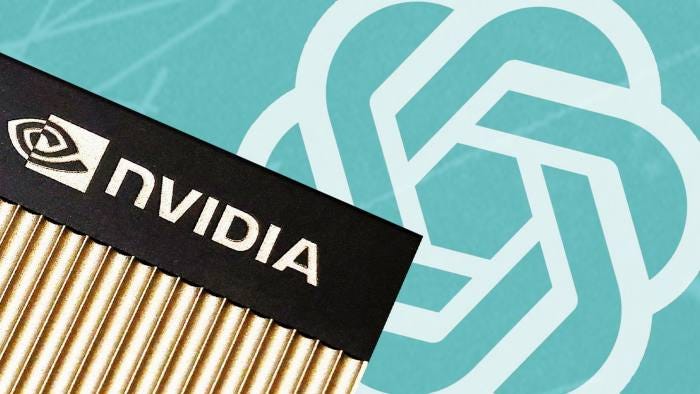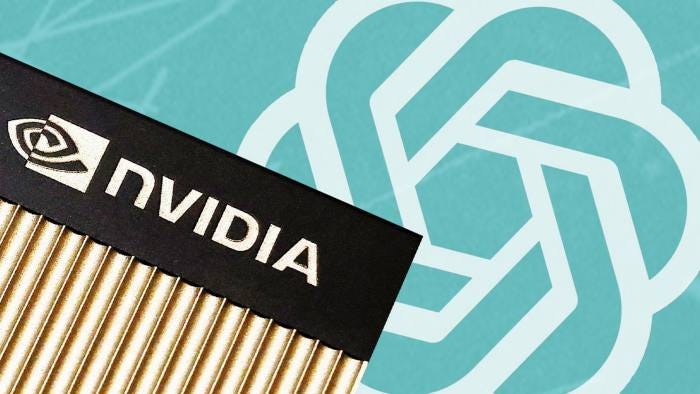Health and Tech Institute
research and strategy for continuous transformation
Joaquim Cardoso MSc
Chief Research and Strategy Officer (CRSO),
Editor in Chief and Senior Advisor
(AI) applications, the broader impact of AI will result in “more losers than winners.”
As AI disrupts business models across industries, many software and IT services companies may face challenges as AI automates parts of their businesses, rendering basic tasks redundant.
However, larger tech companies like Alphabet and Meta are likely to be among the winners alongside Nvidia.
GQG Partners, a big investor in Nvidia, purchased $2.3 billion worth of the company’s shares in Q1 and continues to add to its stake. Nvidia’s stock has seen significant growth this year, rising by 170%, and becoming the first chipmaker to reach a $1 trillion valuation.
It´s difficult predicting which companies will emerge as winners in the AI revolution, citing the example of Amazon’s unexpected success during the dotcom boom.

The transformative potential of Nvidia’s artificial intelligence chatbot, ChatGPT, may lead to a substantial increase in Nvidia’s earnings.
However, a key challenge for Nvidia is meeting the high demand for its products, which could potentially impact earnings if not effectively addressed.
While the technology sector has seen a decoupling between profitable and loss-making companies, quality growth within the tech industry is back on the radar of investors.
As AI continues to advance, it is expected to have a significant impact on various sectors, creating winners and losers along the way.
Overall, Nvidia is positioned as one of the few tech companies poised to benefit from the AI revolution.
However, the broader impact of AI on industries and businesses may lead to more losers than winners, making it challenging to predict the ultimate winners in this transformative era.
Adapted from: “AI will create ‘more losers than winners’ even as Nvidia soars — Big investor says chipmaker will be among handful of tech groups to drive stocks higher”, published in the Financial Times, on June 2, 2023
https://www-ft-com.ezp.lib.cam.ac.uk












